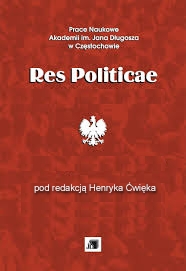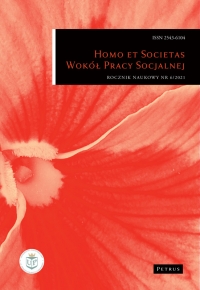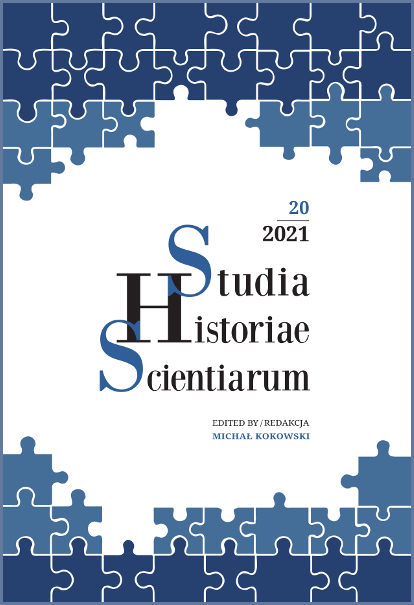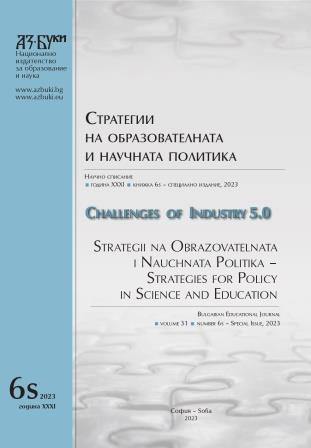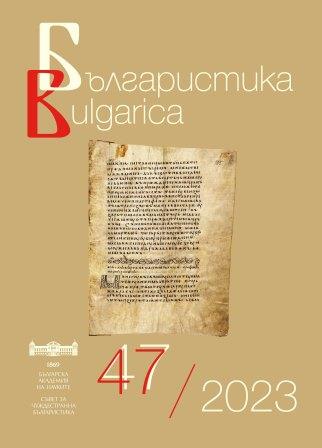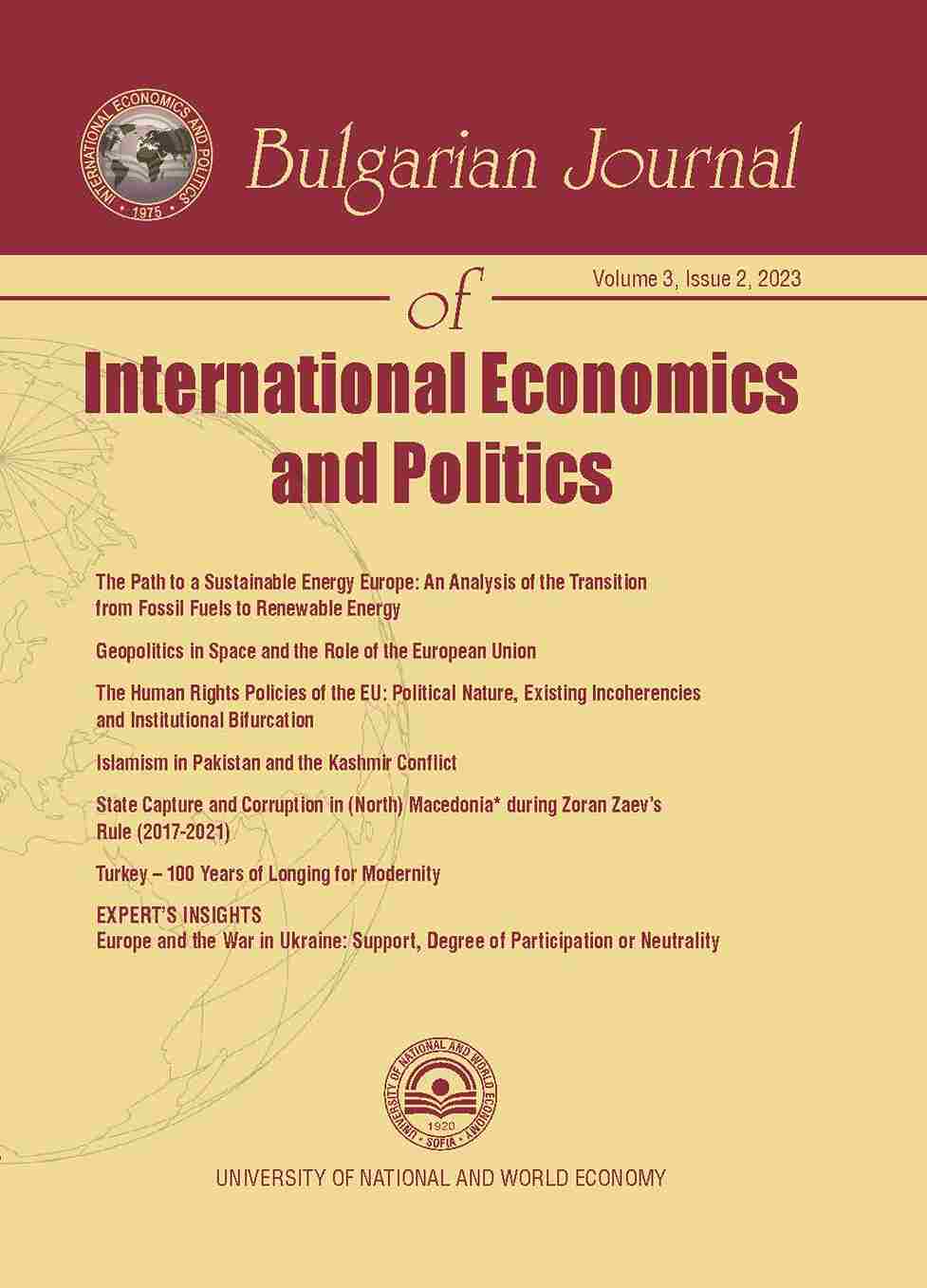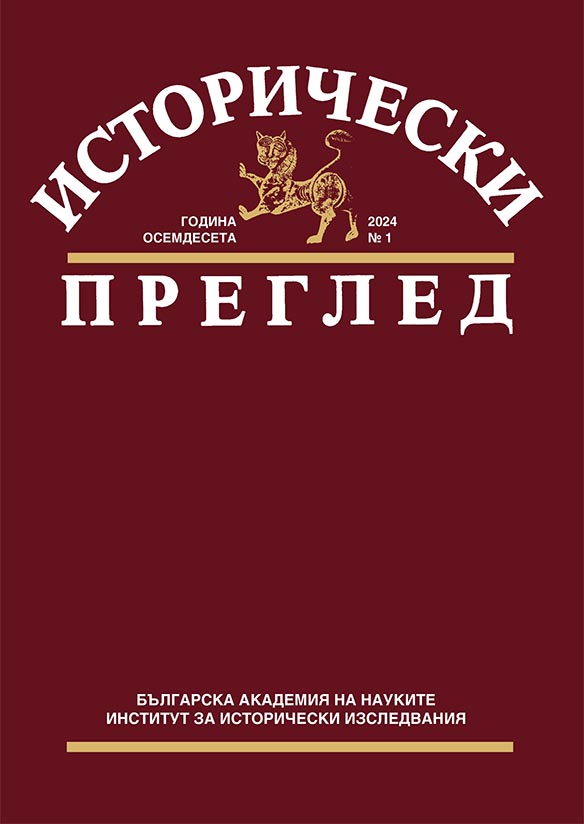Author(s): Tanya Panayotova,Krasimira Dimitrova,Neli Veleva / Language(s): English
Issue: 6s/2023
In the modern world, the development of technology, machinery and equipment follows a rapid upward trend of constant innovative solutions. The problem of efficient planning and utilization of production capacity is also evolving. The question of knowing the factors affecting the development of production, which acquire other dimensions, closely related to the optimization of processes and activities and more efficient use of the main means such as machines, equipment, information technologies, etc., is increasingly relevant. The relevance of this problem is also determined by the increased integration of production technologies and the search for ways to apply flexible organizational forms for more efficient use of the equipment’s capacity. The changes introduced in the era of Industry 4.0 are now irreversible, and the time has come for the transition to Industry 5.0. Behind Industry 5.0 are technologies representing a set of complex systems, and each of the categories can realize its potential only if it is combined with the others. Industry 5.0 can be seen as a new philosophy of business, according to which technology should work for the benefit of people and society. Business organizations must further adapt to exploit the capabilities of technology and combine them with those of people in order to develop effectively, sustainably and safely. New business models are needed, which require investing less funds and resources to obtain greater benefits. Industry 5.0 means optimizing human productivity and efficiency. Taking into account these new trends that are rapidly emerging in the global business environment, this research is aimed at developing a research model of the key factors affecting the effective planning and utilization of production facilities in the industrial enterprise, based on the results of a previous study. A model is proposed to investigate the relationship between identified key factors and capacity management based on interpretive structural modeling. In the modern world, the development of technology, machinery and equipment follows a rapid upward trend of constant innovative solutions. The problem of efficient planning and utilization of production capacity is also evolving. The question of knowing the factors affecting the development of production, which acquire other dimensions, closely related to the optimization of processes and activities and more efficient use of the main means such as machines, equipment, information technologies, etc., is increasingly relevant. The relevance of this problem is also determined by the increased integration of production technologies and the search for ways to apply flexible organizational forms for more efficient use of the equipment's capacity. The changes introduced in the era of Industry 4.0 are now irreversible, and the time has come for the transition to Industry 5.0. Behind Industry 5.0 are technologies representing a set of complex systems, and each of the categories can realize its potential only if it is combined with the others. Industry 5.0 can be seen as a new philosophy of business, according to which technology should work for the benefit of people and society. Business organizations must further adapt to exploit the capabilities of technology and combine them with those of people in order to develop effectively, sustainably and safely. New business models are needed, which require investing less funds and resources to obtain greater benefits. Industry 5.0 means optimizing human productivity and efficiency. Taking into account these new trends that are rapidly emerging in the global business environment, this research is aimed at developing a research model of the key factors affecting the effective planning and utilization of production facilities in the industrial enterprise, based on the results of a previous study. A model is proposed to investigate the relationship between identified key factors and capacity management based on interpretive structural modeling.
More...
